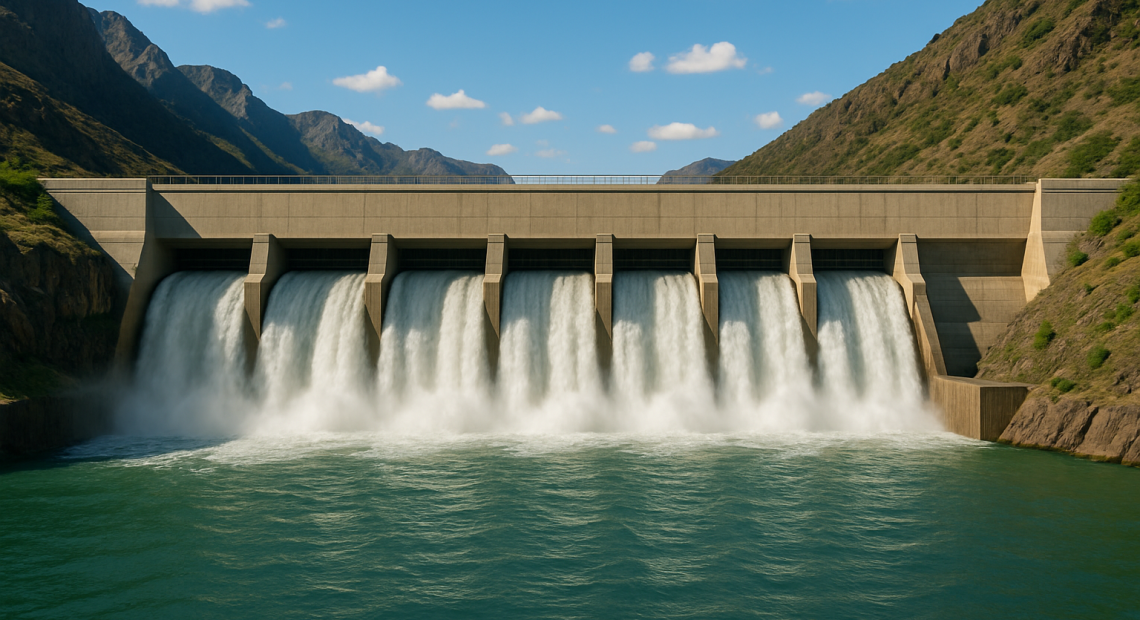
Pakistan Willing to Discuss Indus Treaty Terms
In a marked shift from its long-held stance, Pakistan has for the first time expressed willingness to enter into discussions with India regarding the terms of the Indus Waters Treaty (IWT). This development comes in the wake of a temporary pause in military hostilities following recent escalations, and signals a potential opening for broader diplomatic engagement between the two nations.
Indus Waters Treaty Background
The Indus Waters Treaty, signed in 1960, is a water-sharing agreement that has withstood the test of wars and diplomatic crises between India and Pakistan. Under its terms, India controls the eastern rivers—Ravi, Beas, and Sutlej—while Pakistan retains rights over the western rivers—Indus, Jhelum, and Chenab. Despite numerous conflicts, the treaty has largely functioned as a stabilizing mechanism in bilateral relations.
However, recent geopolitical tensions, especially after the Pahalgam terror attack and India’s subsequent military response, have brought water security back into sharp focus. In retaliation, India announced a temporary suspension of treaty operations, a move that intensified fears in Pakistan over future water flow disruptions.
India’s Infrastructure Push
India has for years been working on maximizing its legal share of the Indus waters through the construction of dams and hydroelectric projects. These efforts are framed as essential for improving domestic water management, mitigating floods, and enhancing energy generation. Indian officials maintain that all ongoing projects are within the rights accorded under the treaty and are crucial for addressing silt accumulation and seasonal water shortages.
Pakistan’s Strategic Recalibration
Pakistan’s sudden openness to discussions appears to stem from both environmental necessity and geopolitical pressure. The country heavily relies on the Indus River system for agriculture and potable water, making any sustained disruption a matter of national survival. While Islamabad has historically resisted renegotiation, its latest move reflects the urgency of addressing India’s growing water infrastructure in upstream regions.
Regional and Global Implications
The potential renegotiation of the Indus Waters Treaty could have wide-ranging implications. It opens the door to revisiting clauses that may be outdated in light of climate change, glacier melt, population pressures, and agricultural demands. Moreover, it signals that even in an atmosphere of deep mistrust, functional diplomacy around vital resources like water remains possible.
Whether this diplomatic window will be sustained or collapse under political pressure remains to be seen. But for now, the possibility of structured dialogue over a treaty that touches the lives of millions on both sides of the border is a rare glimmer of strategic sanity in an otherwise fraught relationship.

















